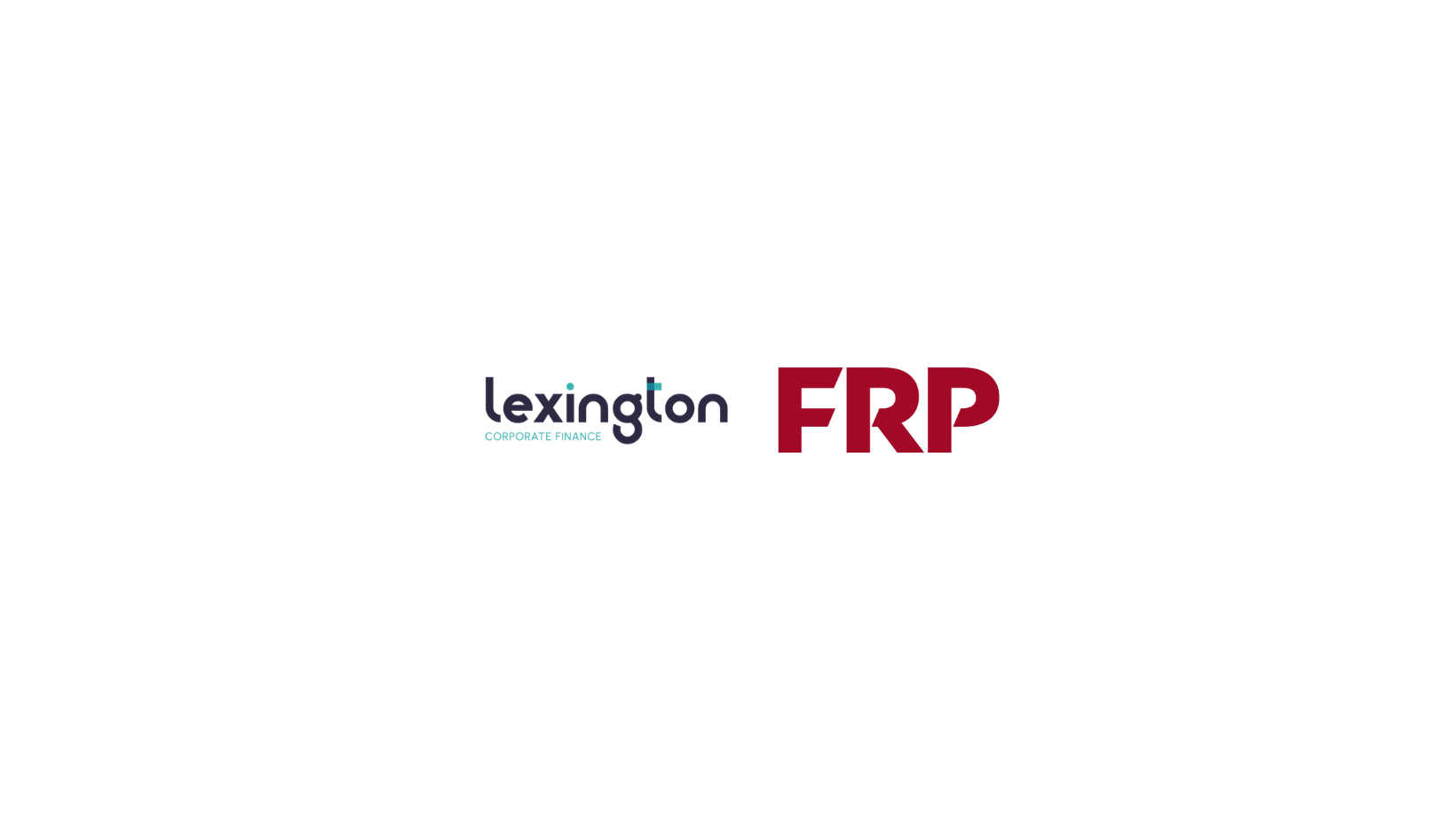All the discussions that we’ve had with business owners, various funders and other professional advisors over the period of our lockdown invariably raise the question of what are the prospects for a V-shaped recovery?
The general consensus seems to be that the UK government has acted swiftly to address the short-term economic shockwave – although never going to be 100% perfect, the suite of measures introduced for business have successfully provided the comfort necessary for an immediate injection of stability.
The furlough scheme is the winning measure here as evidenced by its adoption (estimated c.9 million people) which is expected to cost the taxpayer between £30bn and £40bn – conversely, it’s unfortunate that the CBILS scheme hasn’t had the same impact to date – the government may have to increase the guarantee to 100% as seen in Germany.
However, this is the first stage of addressing the impact of the crisis – the UK government must also have a plan for stage two – it’s critical that a series of new measures are put in place to stimulate the UK economy and prevent a weak recovery after containment is gradually lifted.
In our view, it’s these next wave of measures that are going to make the real difference whether we can achieve a V-shaped recovery and our attention must quickly turn towards introducing these.
We’ve jotted down eight measures to help business that the team at Lexington believes could be considered as food for thought:
- Enhanced tax credit relief for all new R&D and capital investment;
- Corporation tax payments deferral – mirror the current VAT quarter deferral programme already announced;
- Fiscal incentives for new apprenticeships and graduate recruitment schemes as its vitally important in the medium-term to ensure the labour supply continues to function on the first rung of the job ladder;
- Lower VAT rates in the service sectors most affected by the impact of COVID-19 in order to boost consumption – hospitality, leisure and travel are the most obvious but others could be added here;
- Introduce wider corporation tax reliefs on the cost of acquisitions to stimulate the growth strategies of larger corporate buyers and to encourage them to rescue struggling firms through acquisition;
- Launch of a new government backed, dedicated COVID-19 equity fund to provide a mixture of ordinary equity, preferred equity and convertible loans. An additional supply of equity is going to be required to provide new working capital and repair balance sheets impaired by the crisis – taking on more debt on the back of CBILS isn’t going to be the answer;
- In conjunction with the above, enhance the existing Venture Capital Trust (VCT) rules to enable more companies to get access to this source of equity funding by increasing the flow of new funds into VCTs and/or widening the eligibility criteria to increase the net of companies, including start-ups, who can apply for VCT finance; and
- As a last resort, 100% loan write offs of the COVID-19 Business Interruption Loan Scheme (CBILS) if the economy fails to make a strong recovery.
To its credit, the UK government acted quickly to introduce the first wave of measure – we must all hope that there’s a deliverable exit strategy for business in the second wave to enhance the prospects of a V-shaped recovery.





